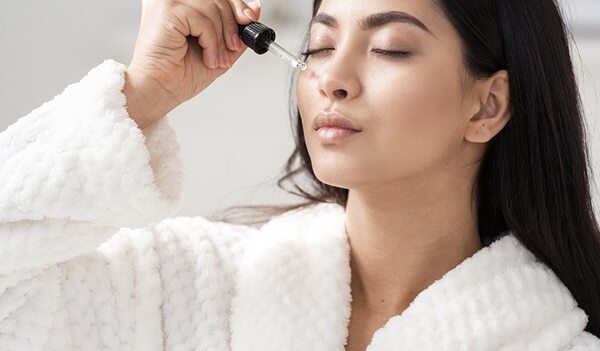It's not easy to stock your skincare repository with gentle formulas that are crafted with ingredients that don't trigger your temperamental skin. Finding a product that doesn't harm the skin for each step of the routine isn't easy, is it? We're sure you've experienced redness, inflammation, itchiness, and other indications of an allergy after experimenting with a new serum that promised not to disrupt your skin. And because serums are so beneficial for the skin, you must choose the correct one to address your concerns without setting off another skin-related issue. Or you're just self-sabotaging. And that's exactly why we've rounded up some of the best serums for sensitive skin - along with tips on which ingredients to avoid, which serums to use at night, and how to apply a serum to maximise its effectiveness.
Natural Argan Oil & Lavender Sulfate Free Anti-Frizz Shampoo - 400ml
₹658
₹658
SHOP NOW









